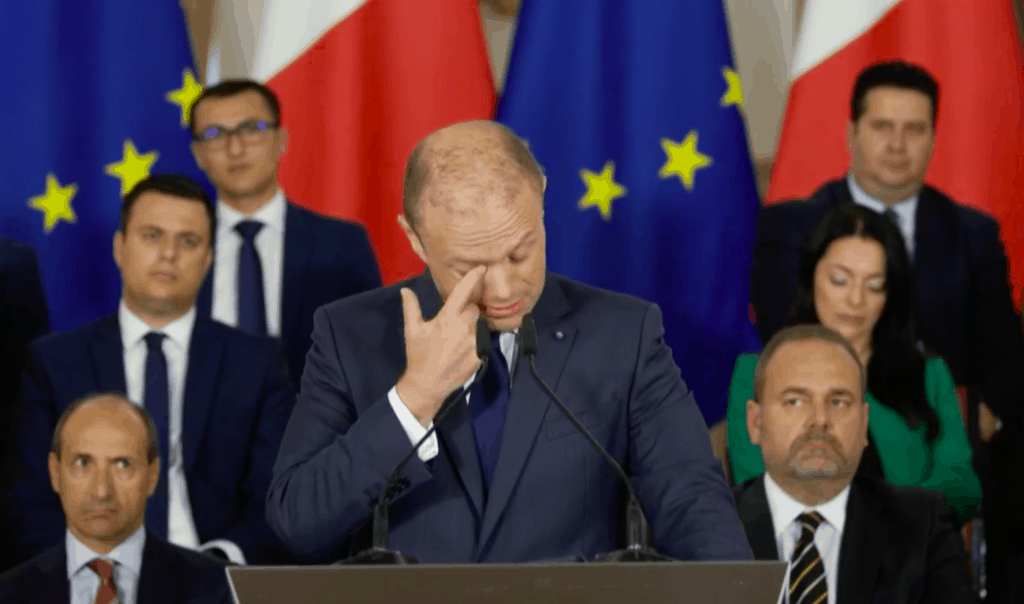You can’t fail to be reminded of the aftermath of the Egrant inquiry report when you see what’s going on in the US after the completion of the Mueller report that “did not establish” there had been collusion between the Trump Presidential campaign and Russia.
In the US case the 300 page report that included the testimonies and the evidence collected by Mueller during his two-year investigation went to the Attorney General who then briefed Congress with a four page summary of the conclusions.
Congress – and not just the Democrats – is furious that they and the public are being treated as infants, prevented from reading the full report and draw their own conclusions from the evidence while having to watch instead President Trump gloating that he has been “exonerated” and charging his accusers with all sorts of outlandish accusations of attempting to destabilise the country “on the back of a lie”.
It is uncanny how Joseph Muscat is a dress rehearsal for still to be written American history. It is almost as if the White House uses Malta as a focus group lab to test reactions to its planned outrages before it unleashes them on the real world.
The Leader of the Opposition, Adrian Delia, will be hearing soon if his plea in court to force the Attorney General to give him a copy of the Egrant report has been successful. Whichever the outcome the answer is likely to be subjected to appeal and the government will continue to use the court process as a cover for continued delay.
But there’s something deeper here than a simple legal answer on whether the Attorney General is obliged or not to publish the Egrant report or to at least release a copy to the Leader of Opposition. It is quite possible that the Attorney General has no such legal obligation.
But there’s a higher, more fundamental, perhaps unwritten obligation to respect, strengthen and seek never to undermine the functioning of a democracy.
An inquiry into the affairs of the chief executive of a democracy can never be a private affair. Secrecy begs horrible questions, and even though Joseph Muscat or Donald Trump may rail against the people asking those questions and charge them with treason and heresy, the questions must be asked.
The Egrant inquiry, like the Mueller inquiry, “has not established” that Joseph Muscat or his wife took bribes from Azerbaijan and stashed them, possibly in Dubai, using a Panama vehicle. The public has a right to know what has been established instead.
